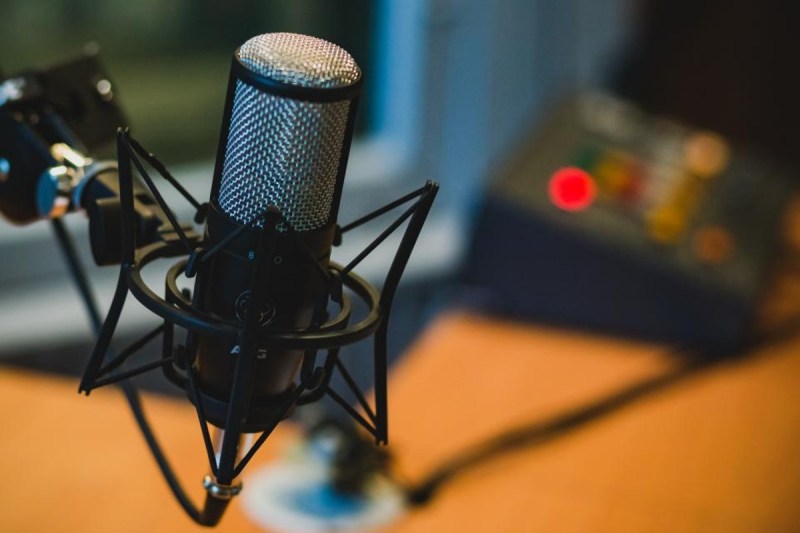
Let’s dive into the best mental health podcasts for men. From The Art of Manliness to The Hilarious World of Depression, these
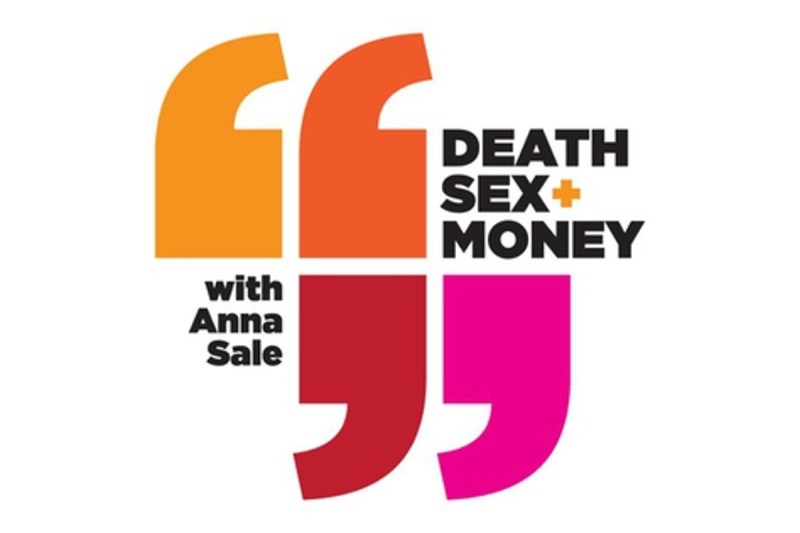
Death, Sex & Money
Death, sex, and money are three topics often left out of polite conversations, which is exactly why host Anna Sale founded a podcast that addresses these critical yet avoided subjects. Sale has conversations with guest columnists, she responds to reader letters, and she fleshes out issues with celebrity guests. She addresses the big issues, examining how to have the tough talks that help find solutions or options when faced with difficult choices.
Sale’s guest stars often come along for the rocky ride, revealing the tough things they’ve faced and the paths they took to find their way through them. W. Kamau Bell chats about life after the cancellation of his television show, and actor Alan Cumming talks about keeping in shape while aging and dealing with fame and non-monogamous relationships. Through respect, candor, and curiosity, Death, Sex & Money invites people to transform the trajectory of their lives by moving from inaction to action.
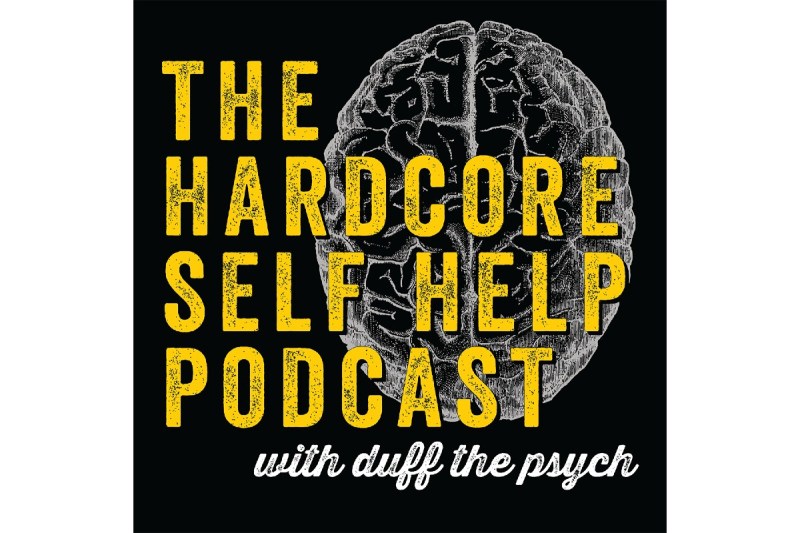
The Hardcore Self Help Podcast
Host, Dr. Robert Duff, a psychologist from Southern California, describes himself as just “a regular dude who legitimately wants to help out.”
Known across social media as Duff the Psych, The Hardcore Self Help tackles topics like depression, anxiety, and trauma from the doctor’s professional perspective. Duff uses an accessible tone that makes people feel comfortable and listened to. Recent episodes include how to work through insecurity within a marriage, how to deal with decreased sexual performance, and how to find direction in life. Dr. Duff helps listeners face common issues, acknowledging that they may be tough, but not letting people off the hook. The man challenges listeners to be brave in facing life’s curveballs, even if they’re heading toward your head.
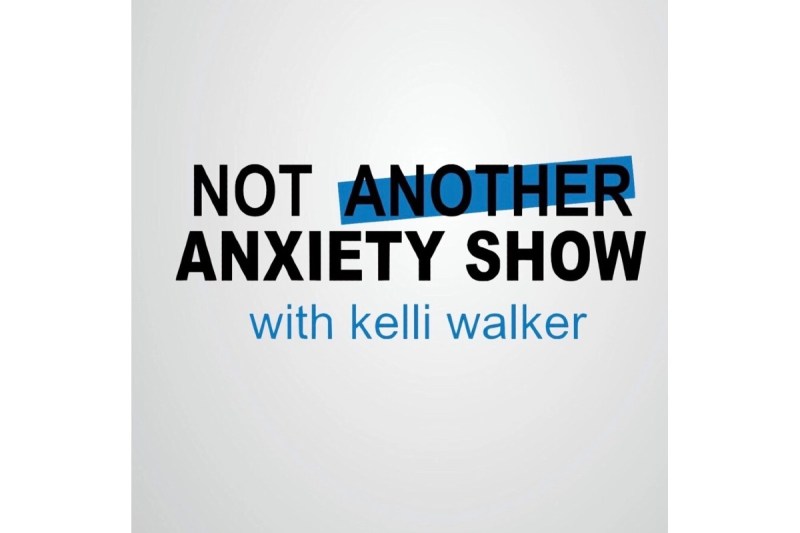
Not Another Anxiety Show
Not only is host Kelli Walker a registered nurse and certified health and wellness coach, but she’s a someone who deals with her own mental health issues as a former agoraphobe. Not Another Anxiety Show episodes are packed with punches to deal with mental health issues that affect everyday life, relating the message that to be challenged psychologically is to be human. Even therapists are among fans and show advocates.
“Kelli and Erica have a wonderful and engaging flow together… I am a HUGE fan of this podcast. It fits my professional knowledge base spot on while I continue to learn new information as a professional and human being,” one listener wrote.
Conversations include practical tips, resources, and guidance from a down-to-earth, understanding perspective to help people move through and past anxiety.
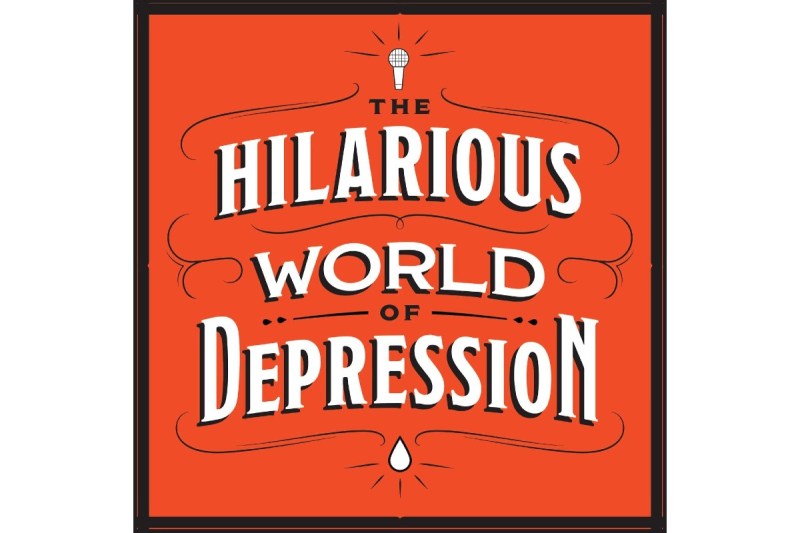
The Hilarious World of Depression
When thinking of depression, humor may not come to mind, but comedy is often the best gateway for dealing with critical mental health issues. Comedians, on average, suffer from existential angst more than others, and The Hilarious World of Depression their tales.
Through moving and funny conversations hosted by John Moe, leading comedians share their stories about dealing with depression. Moe, a veteran humorist and public radio host, invites his audience into frank chats that combat the stigma against this condition, moving from isolation to spotlighting something that affects millions. Listening provides insights, and the chance to share a few laughs helps depression sufferers realize they aren’t alone — and that together, we can all feel a bit better.
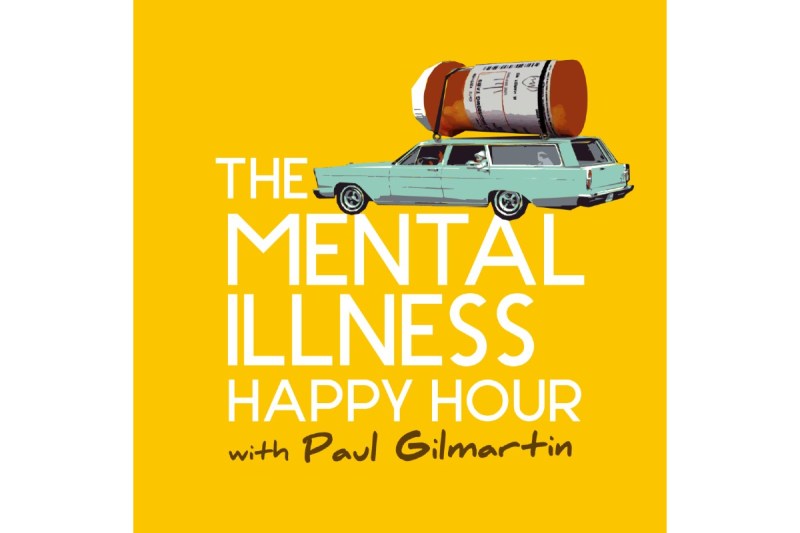
The Mental Illness Happy Hour
This is another show that uses humor to explore mental illness. Comedian and host Paul Gilmartin interviews comedians, actors, and doctors who address topics like narcissism, childhood emotional neglect, and social media through an amusing light. The Mental Illness Happy Hour is geared toward anyone interested in or affected by the myriad of mental challenges so prevalent in society and especially in the creative arts.
“This show is a lifesaver. In my darkest times, this show carried me through, reminding me that I’m not alone and the struggle is actually pretty routine in the human experience. I love how this show normalizes discussion of mental health issues, flaws, guilt, shame, all of it,” a reviewer wrote. Gilmartin’s show and website aim to give people a place to connect, smile, and return to hope.
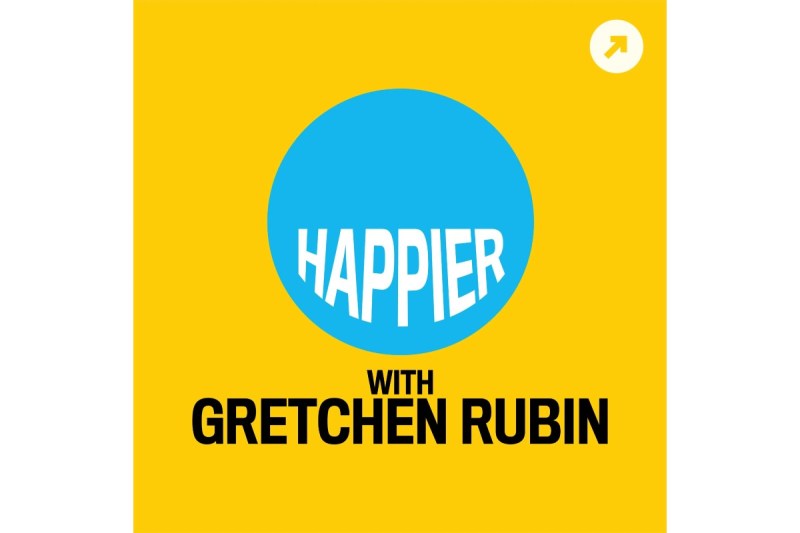
Happier
If you’re looking for a light at the end of a dark tunnel, pop on the Happier podcast. The show takes its inspiration from motivational speaker Gretchen Rubin’s bestselling books The Happiness Project, Happier at Home, and Outer Order, Inner Calm. Guests include heavy hitters and positive-thinking heroes like Malcolm Gladwell, Rachel Hollis, and Marie Forleo. Along the way, Rubin and her companions offer practical advice regarding happiness and habits.
“I’ve found that this podcast is just so light yet engaging, pleasant and productive. I always leave with something practical that I’m excited to try,” one reviewer wrote.

The Happiness Lab
This is a podcast focused on perspective where Yale psychology professor Dr. Laurie Santos steps up to the mic to elucidate exactly what makes us happy in The Happiness Lab. Based on years of scientific research, each episode tackles common misconceptions, like happiness is dependent on good jobs, financial success, and fancy vacations.
“It’s one of those podcasts that always leaves you feeling hopeful about the world, while also being realistic. I learn something through each episode and it uplifts me on this crazy journey we call life,” a reviewer wrote. The Happiness Lab can be a compelling listen, especially for those folks who are looking to improve their lives with tangible change.
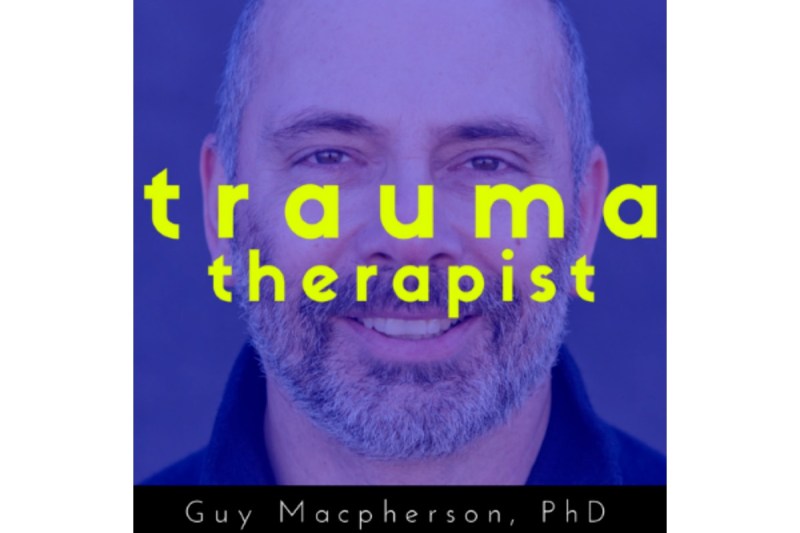
The Trauma Therapist
Trauma is usually caused by an overwhelmingly distressing event that leaves a lasting impact, affecting the victim’s mental and emotional stability. While many sources of trauma are physically violent in nature, others are psychological. Founded and presided over by psychiatrist Guy Macpherson, The Trauma Therapist brings in a host of mental health experts who specialize in trauma.
Over each approximately 30-minute episode, Macpherson and trauma experts engage in dynamic and powerful conversations. From subconscious healing to engendering healing groups, and from addressing the underlying trauma in our habits to trusting our own intuition with renowned doctors, authors, and psychotherapists, The Trauma Therapist helps elevate personal empowerment.
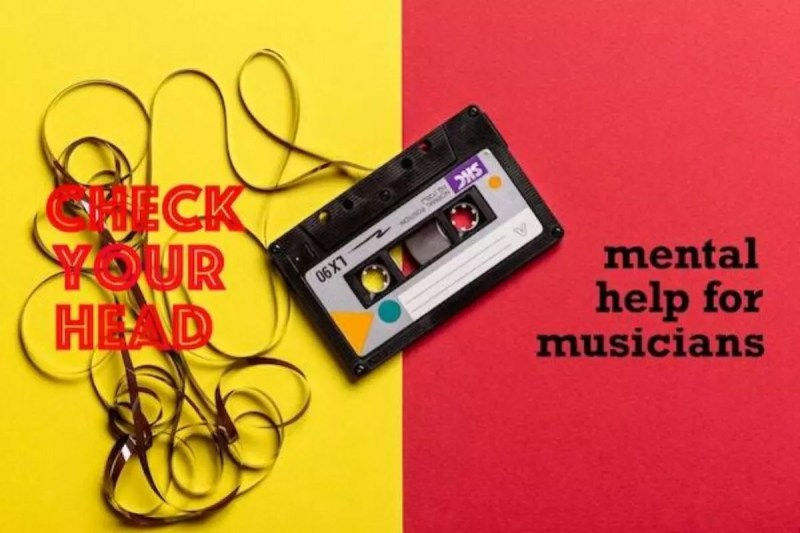
Check Your Head: Mental Health for Musicians
While the title of this podcast is light, its impetus is heavy. Music journalist and certified life coach Mari Fong began Check Your Head after loving and then losing musicians like Chris Cornell of Soundgarden and Chester Bennington of Linkin Park by suicide. After these public traumas, Fong sought to create a resource for musicians to check on and confront their mental health.
Since 2019, Fong has welcomed well-known rockers like Gilby Clarke from Guns N’ Roses (who talked about his struggles and addiction) and drummer and comedian Fred Armisen, who chatted about his years in the punk band Trenchmouth. Fong also interviews top mental health experts who give listeners insight into mood disorders and put forward possible solutions toward recovery.
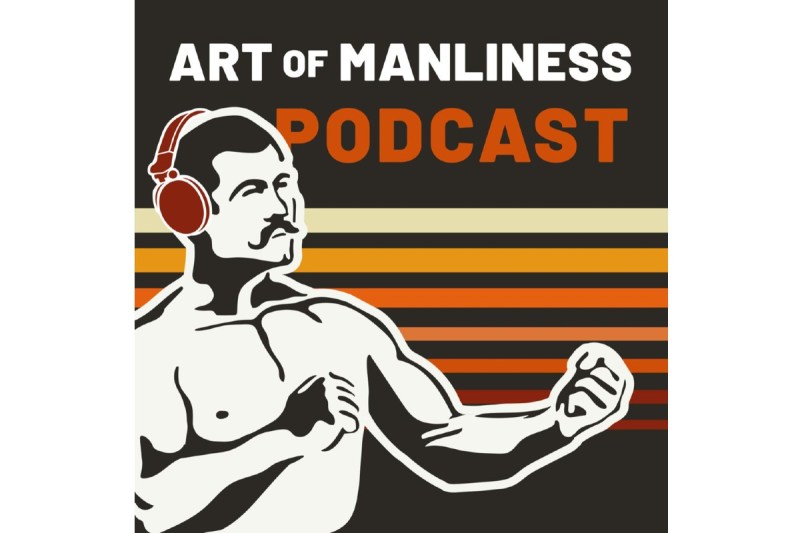
The Art of Manliness
While certainly not a classic “mental health” podcast, The Art of Manliness has a lot to say about how to be a contented man with topics ranging from the power of having a close friend group to how to incorporate Wim Hoff’s cold water practices into your life.
Started in 2017 by Omaha, Nebraska resident Brett McKay (along with production help from his wife, Kate), the podcast has guests who provide fascinating and poignant perspectives, bringing listeners into new worlds. On its surface, The Art of Manliness is a great way to keep yourself entertained. At its depth, it’s an excellent guide to living a (gentle) manly life. Listening while on the go is a great way to learn new ways to fulfill yourself.

What was the first mental health podcast?
Pinpointing the absolute “first” mental health podcast is quite challenging, as the format emerged and evolved gradually, blurring lines between talk radio, online programming, and podcasts as we know them today. However, here are some early contenders and milestones in the development of mental health-focused audio content.
- Shrink Rap with Dr. Phil McGraw: While primarily a radio show, Dr. Phil’s program, launched in 1990, tackled various mental health topics and offered advice to listeners, paving the way for future discussions in the audio format.
- The Terry Gross Show: This long-running NPR interview program, starting in 1973, frequently featured insightful conversations with authors, researchers, and individuals about mental health and personal experiences.
- Recovery Radio: Launched in 2002, this online radio station dedicated its programming to mental health and addiction recovery, offering support groups, educational talks, and personal stories.
While a podcast isn’t going to be a be-all and end-all for addressing mental health issues, these podcasts can offer a vital, positive tool for normalizing psychological issues. They can also provide resources that may help you overcome obstacles and attain a sense of equanimity.



